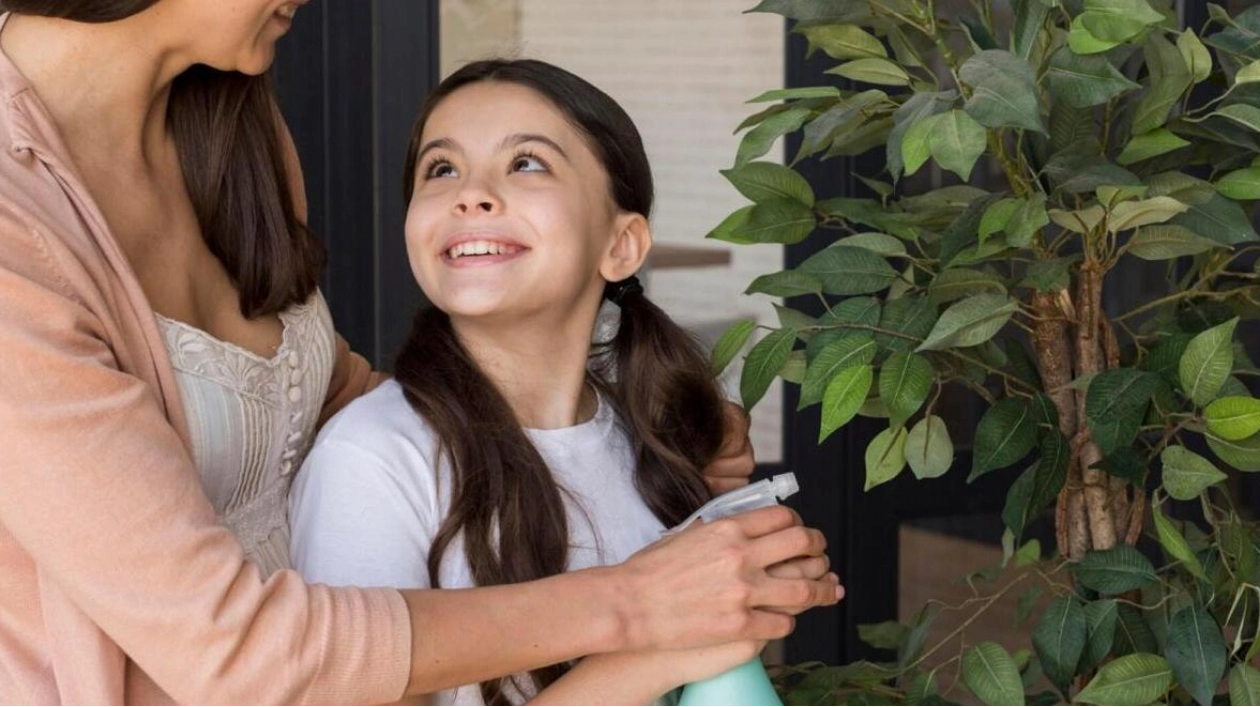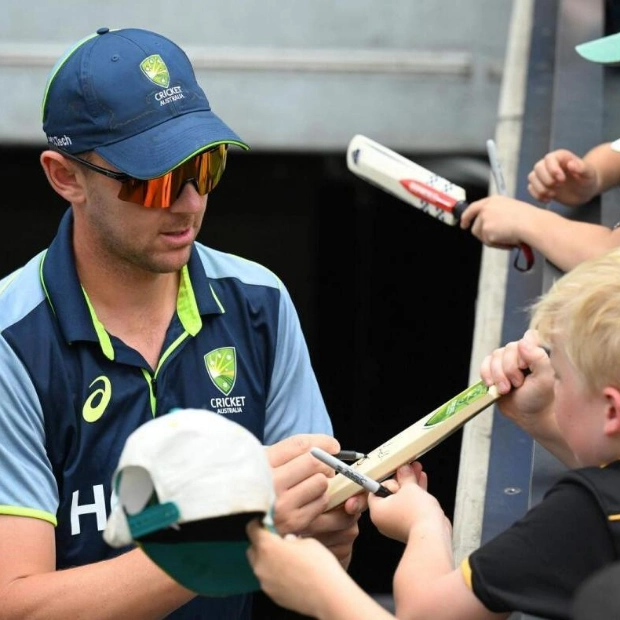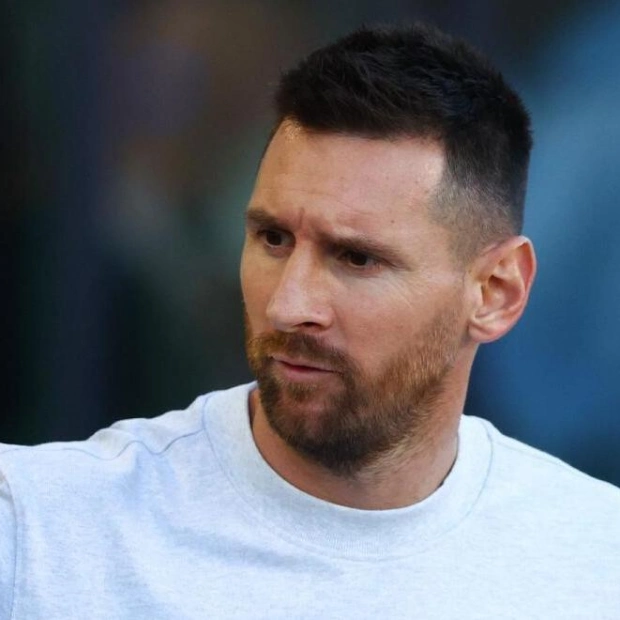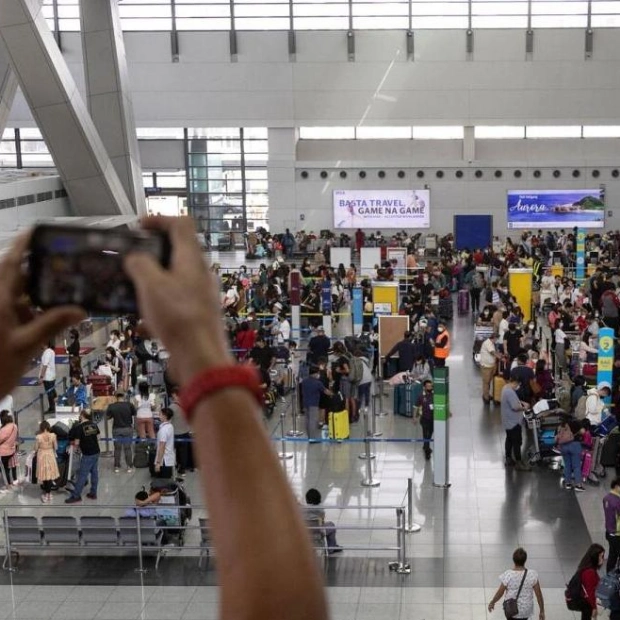Two young women. Two similar stories. Yet, their distinct experiences steered them onto divergent trajectories in their quests for confidence and self-esteem.
Shweta Kinkale, a 26-year-old e-commerce writer in Dubai, was raised in a context where beauty and slimness were frequently lauded. By the age of seven, she had already decided she was not beautiful and yearned to alter her physique. "In our culture, if you gain weight or don't meet 'normal' beauty standards, it's pointed out," Kinkale recounted. "My aunts constantly told me I was getting chubby. I was just a child. I began worrying about these issues far too early."
Zain Basalat, a 20-year-old journalism student at the American University of Sharjah, gained access to Facebook and Instagram at the age of 10. Her fixation on influencers, coupled with a lack of awareness about digital manipulation such as Photoshop and filters, undermined her self-esteem. "Their faces were flawless. I was a child, unsupervised, and obsessed with social media. Their appearance set my standard of beauty, and I became insecure, particularly about my nose," Zain remembered.
Both women experienced a pivotal moment when they confided in their parents about their insecurities. Their parents offered support, albeit differently, aiding them in their paths to self-acceptance. "Creating a safe environment for adolescents to voice their insecurities and self-doubts without judgment is invaluable," said Dr. Saqib Latif, FRCPsych, Clinical Lead Children Services and Consultant Child and Adolescent Psychiatrist at Maudsley Health Abu Dhabi. "Open dialogue validates emotions and normalizes vulnerability, helping children recognize that everyone experiences these feelings, and it's okay to feel uncertain and insecure at times."
Kinkale's parents were initially taken aback by her insecurities but used the situation to redirect her focus. "My parents reassured me, told me I was beautiful, and that they loved me unconditionally—typical parental responses. But they also encouraged me to focus on my entire self—my talents, my character, my intellect. As I matured, my appearance became a minor aspect of who I am, not the entirety. I am thankful for the support they provided," she stated.
Dr. Latif highlighted that many adolescent insecurities arise from the fundamental human need to belong. Young individuals often value what they see praised, such as popularity, acceptance, and love. "When children feel they belong within the family unit and experience psychological safety and acceptance as they are, it lays the groundwork for confidence and self-esteem," he explained.
By the age of 17, Zain had undergone rhinoplasty and later received under-eye filler injections. "After weeks of deliberation and numerous carefully supervised doctor visits, we proceeded with it. My parents supported my decision—they simply wanted to see me happy. But I wish they hadn't, because I deeply regret getting a nose job at such a young age. Plastic surgery can escalate, and it doesn't bring happiness when there are deeper issues underlying your dissatisfaction," Zain reflected.
Adolescents do not grow up in isolation. Dr. Latif noted that children are increasingly susceptible to insecurities due to exposure to unrealistic beauty standards and manipulated digital media. "Depending on their developmental maturity, proactively discuss beauty standards—whether cultural or media-driven. Share your own experiences and what you've had to unlearn. These conversations are crucial," Dr. Latif advised.
Media literacy helps teens recognize that not everything online is real and that social media images can be edited to create unrealistic beauty standards. Understanding that influencers may be paid to promote certain messages can prevent harmful comparisons. Co-viewing social media with teens can provide parents with insight into their thought processes and how media affects them.
Parents and caregivers play a crucial role in modeling body positivity. "Children mimic what they see. Avoid negative body comments about yourself or others, and focus on what bodies can do, not how they look. Celebrate diversity and appreciate everyone's uniqueness without comparison, even among siblings and peers," Dr. Latif advised.
Kinkale and Basalat's journey towards self-acceptance and confidence continues. "I still have insecurities, but my parents are my foundation. I am stronger because of their support," Kinkale said.
Basalat's parents advocated for therapy after plastic surgery failed to boost her confidence. They realized her issues ran deeper than surface-level concerns. She was diagnosed with Body Dysmorphic Disorder, a mental disorder characterized by persistent, intense focus, shame, and anxiety over perceived body defects, and has since dedicated years to unpacking beauty standards. "Therapy, self-help books, limiting social media, and my faith have helped me understand that my self-worth lies beyond my appearance. I now embrace aging naturally and gracefully. Whatever you consume, you become. Choose wisely," she concluded.






